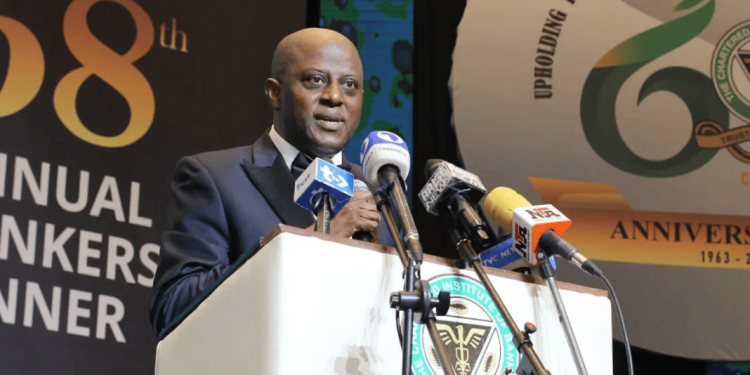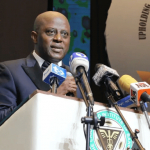The Governor of the Central Bank of Nigeria (CBN), Olayemi Cardoso, has declared the naira to be competitive in the global market, citing recent monetary and fiscal reforms that have stabilized the Nigerian economy amid worldwide currency depreciation.
Speaking at a post-Monetary Policy Committee (MPC) briefing, Cardoso explained that Nigeria’s early policy resets helped shield it from deeper economic shocks. “We ensured our depreciation was modest compared to others,” he said, emphasizing that these reforms have not only brought greater transparency to the financial system but have also increased investor confidence and bolstered the country’s external reserves.
“The conversation with foreign investors has changed,” Cardoso noted. “It’s no longer about if they’ll come to Nigeria, but when.”
To further ease diaspora engagement and inflows, the CBN has introduced a new non-resident bank verification number (NRBVN) system. Cardoso explained that the measure will support secure diaspora transactions and reduce remittance costs through more accessible and transparent platforms.
He also urged Nigerian businesses to expand their footprints across West Africa, citing the naira’s improved competitiveness as an opportunity to strengthen regional trade. “We must look outward and take advantage of our position,” he said.
Cardoso reaffirmed the bank’s focus on rebuilding institutional trust. “We’re rebuilding deliberately and transparently,” he stated, positioning the CBN as a central driver of sustainable growth and accountability.
In a significant development, Cardoso announced that the CBN had reduced inherited losses from over N1 trillion to N30 billion within just one year. This was made possible through the publication of audited financial statements—marking the first time in more than two decades that the bank has made such disclosures.
“Our goal is accountability, not profit,” he concluded, reinforcing the CBN’s commitment to long-term stability and public trust.
The Governor’s remarks come at a time of cautious optimism for the Nigerian economy, as the country seeks to restore fiscal discipline, attract foreign investment, and reposition the naira for broader regional competitiveness.










